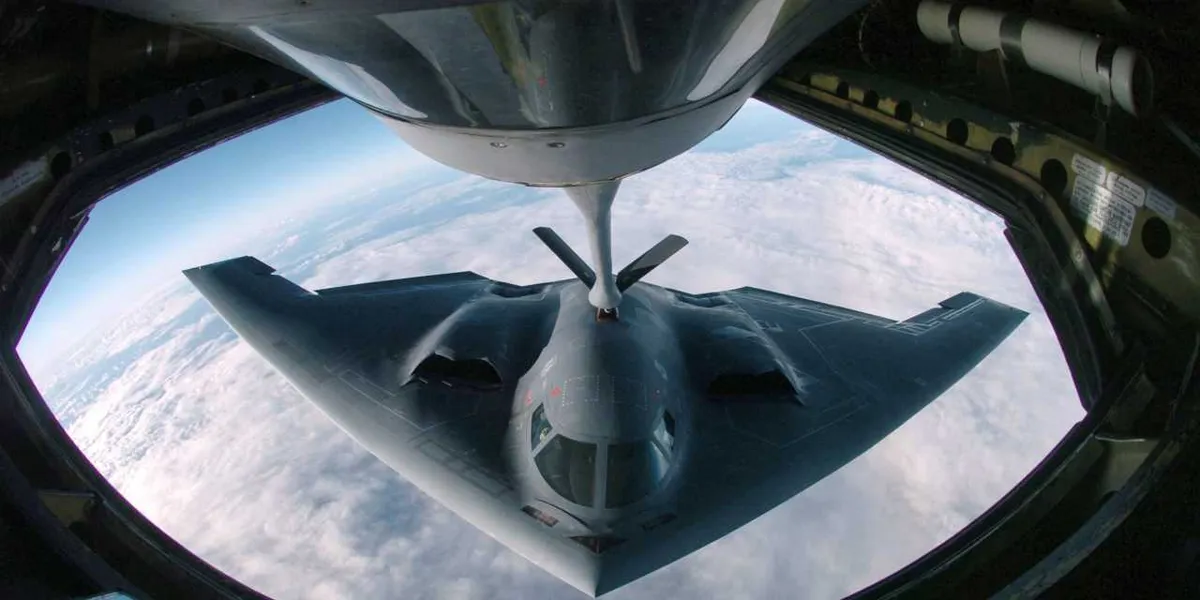
As the trading week begins, investors are gearing up for significant market fluctuations in response to the recent U.S. bombings of Iran's nuclear sites. This military action has not only raised geopolitical tensions but also sparked concerns over oil prices and global economic stability. Market analysts are closely monitoring the situation, as the ramifications of these strikes could ripple through various sectors.
The U.S. military's decision to target Iran's nuclear facilities has sent shockwaves through the oil market. Analysts predict that escalating tensions in the Middle East will likely lead to an increase in crude oil prices. Investors should pay attention to oil market trends, as higher prices could impact inflation rates and overall economic growth.
In light of the recent airstrikes, investors are advised to adopt cautious strategies. Many are turning to defensive stocks and commodities, which tend to perform better during periods of uncertainty. Additionally, sectors such as energy and defense are expected to experience increased interest, as investors seek to capitalize on potential gains amid geopolitical instability.
The implications of the U.S. bombings extend beyond the oil market. Heightened tensions with Iran could lead to broader economic consequences, affecting trade relationships and international markets. Investors are encouraged to stay informed about developments in this situation, as shifts in diplomatic relations could influence market behavior significantly.
As we kick off the trading week, it is crucial for investors to remain vigilant and informed about the unfolding events surrounding Iran's nuclear program. Keeping a close eye on market trends and geopolitical developments will help investors make more informed decisions during these uncertain times. Adapting strategies in response to news can be key in navigating the potential volatility ahead.